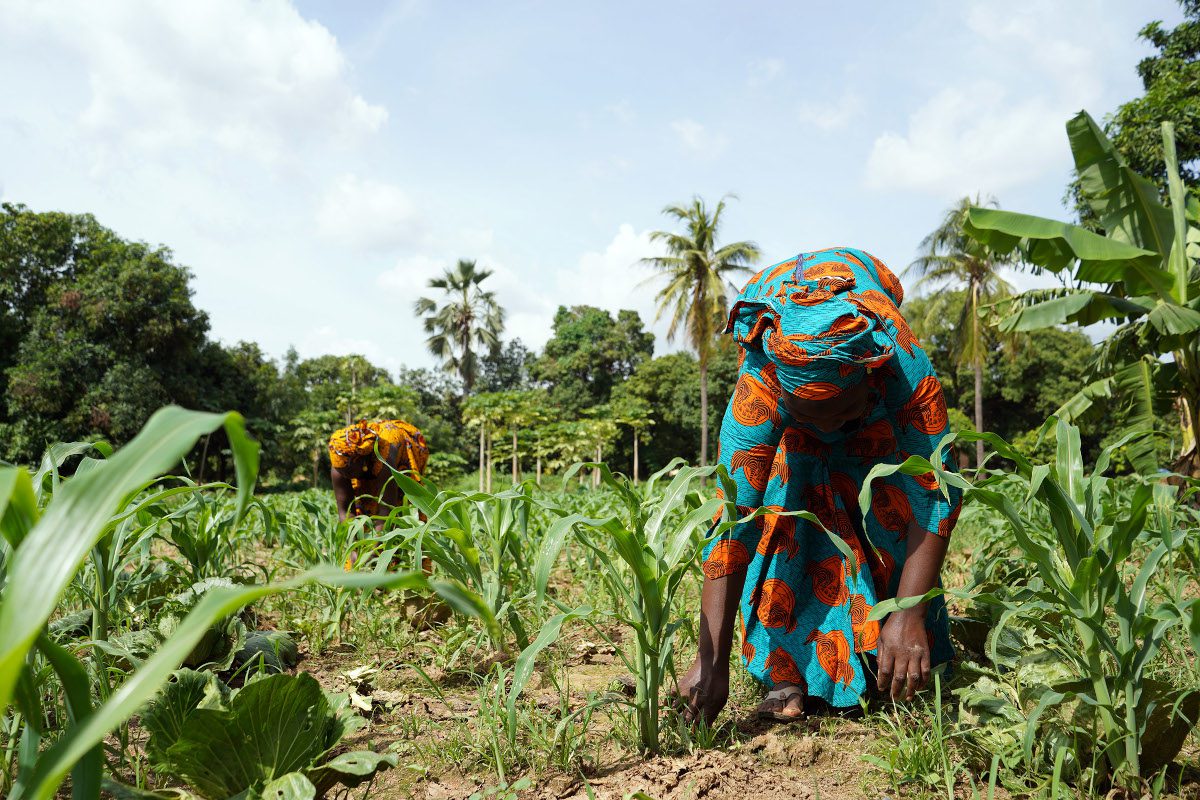Phosphorus use is considered to be lacking in African agriculture and has declined sharply in recent decades.
A vital nutrient underpinning the world’s food systems — and increasingly vital to green technologies — is the focus of an international summit in Ghana this September, as scientists, policymakers and industry leaders meet to address the urgent need for sustainable phosphorus management.
Phosphorus, a key component of fertiliser essential for crop and animal production, is now recognised as both a critical finite resource and a pollutant threatening aquatic ecosystems. With global demand rising and environmental concerns mounting, experts say coordinated global action is needed to avoid a crisis that could jeopardise food security and water quality worldwide.
The 8th Sustainable Phosphorus Summit (SPS8), being held in Accra, is jointly organised by Lancaster University, the UK Centre for Ecology & Hydrology (UKCEH), Rothamsted Research, the Council for Scientific Research in Ghana and the Forum for Agricultural Research Africa. It marks the first time the global conference has been hosted in Africa — a region where phosphorus use remains far below optimal levels, despite growing agricultural needs.
Phosphorus use in African agriculture is generally sub-optimal and has declined sharply since the late 20th century. Experts warn that without urgent investment and innovation; the region’s food production could falter under the twin pressures of population growth and climate change.
On the other hand, “Africa boasts some of the most locally adaptable soil fertility management innovations including Integrated Soil Fertility Management” said Dr Grace Kangara, one of the organisers for SPS8. This summit is a chance to bring African voices and realities to the forefront including fair representation of the continent’s voice in the design of solutions to deliver sustainable phosphorus management.
While examples of sustainable phosphorus measures in Africa exist, including monitoring of water resources and recycling of biomass waste, these are often implemented only at pilot scale. Nevertheless, increasing fertiliser accessibility and optimising application remains a key priority to ensure improvements in farmer livelihoods and food security in the region.
However, options for many African farmers are limited. While repeated use of cattle manure can contribute to recycling phosphorus to soil, this is not always practical for most smallholder farmers to achieve due to low numbers of livestock.
The use of phosphate rock has been proposed as an alternative and is gaining momentum in Africa where the acidity of soils helps dissolve the phosphate. However, phosphorus can interact with other micronutrients which can be sparse in some of the continent’s soils. For instance, it can affect zinc uptake in plants and subsequent dietary intake in humans, especially in communities reliant on plant-based diets. There is a need, therefore, for balanced phosphorus fertiliser application and increased recognition of its potential interactions with other essential nutrients.
Meanwhile, inefficient phosphorus use elsewhere — particularly in high-income countries — has led to widespread pollution of rivers, lakes and coastal waters, fuelling toxic algal blooms that threaten biodiversity and human health.
Although current reserves of phosphorus are not at immediate risk of depletion, the uneven global distribution of phosphorus-rich rocks, coupled with rising demand for the mineral in lithium battery production and other industries, adds to concerns about long-term security and sustainability.
Delegates at SPS8 are expected to explore strategies for closing the phosphorus loop — reducing waste, improving fertiliser efficiency, and recovering phosphorus from wastewater and agricultural runoff. The conference aims to inspire and mobilise “Phosphorus Champions” to influence change across the region and build a network, culminating in an African Sustainable Phosphorus Network (ASPN).
Phil Haygarth, Professor of Soil and Water Science at Lancaster University, said: “Helping an inclusive 8th Sustainable Phosphorus Summit come to Africa is the most important, challenging, and potentially satisfying project I have contributed to. Making soils more phosphorus efficient in Africa is critical for the future of world food production, but this must also go alongside a focus on novel innovations in phosphorus recycling.”
The summit, which brings together representatives from academia, agriculture, environmental organisations, industry, and policy, runs from 30 Sept- 3 October at the Alisa Hotel, North Ridge, Accra. Registration at https://www.upcyclelakes.org/sps8africa













